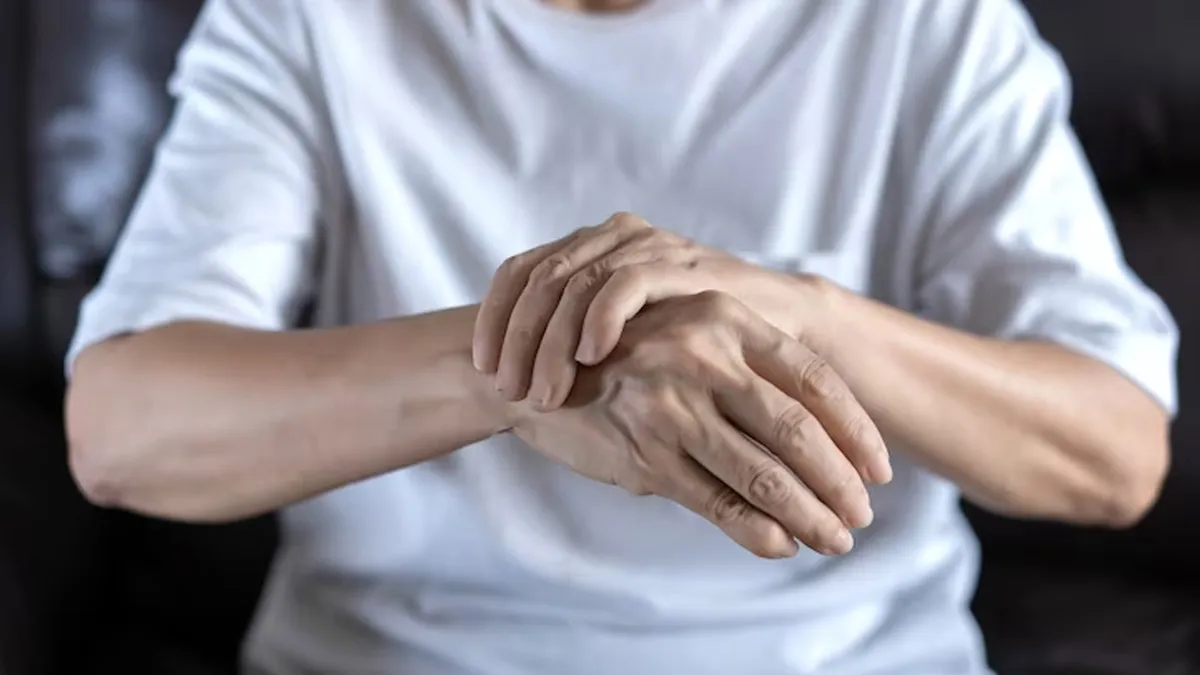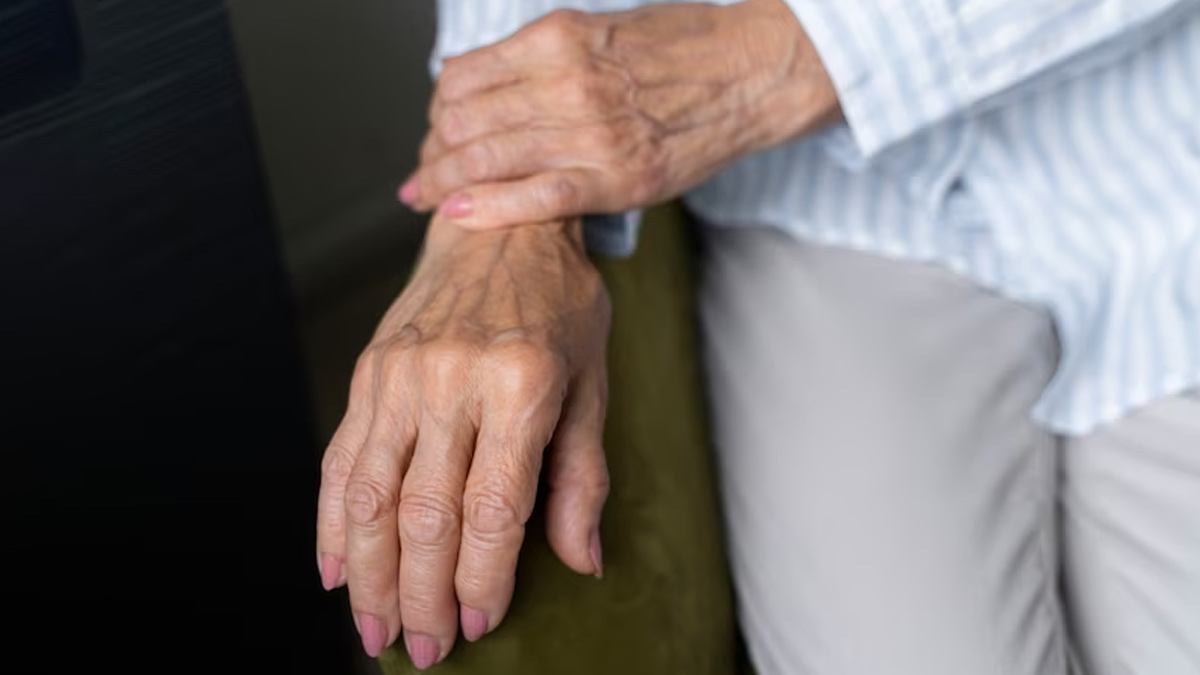
Parkinson’s disease is a progressive neurological disorder that affects movement and can significantly impact the quality of life. As the disease progresses, symptoms such as tremors, stiffness, slowness of movement, and balance issues become more pronounced. However, with medical advances and comprehensive support systems, managing Parkinson’s has become more effective than ever.
Table of Content:-
To shed light on how timely medications and supportive care can make a difference, we spoke with Dr Shrey Srivastav, Consultant and General Physician at Sharda Hospital, Noida. Dr Srivastav shares expert insights into why early diagnosis, proper medication, and a robust support system are crucial in managing this complex condition.
Early Detection is Key
“Parkinson’s disease is not curable, but it is definitely manageable,” says Dr Srivastav. “The earlier it is diagnosed, the better the outcomes with medical treatment. Timely intervention helps slow down the progression of symptoms and maintains a better quality of life.”

Also Read: 6 Reasons To Start Eating More Papaya In Hot Summer Days
Early warning signs like subtle tremors, changes in handwriting, or a lack of facial expression may often be dismissed as normal aging. Dr Srivastav emphasizes the importance of seeking medical attention for these signs to initiate treatment before the disease significantly progresses.
Role of Medications
Medications are the cornerstone of Parkinson’s treatment. According to Dr Srivastav, “The most commonly prescribed drugs help increase or substitute for dopamine—a chemical in the brain that patients with Parkinson’s lack. Levodopa, often combined with carbidopa, remains the gold standard.”
These medications help control motor symptoms, but timing and dosage are critical. “Patients need regular follow-ups to adjust medications based on how their symptoms evolve. Missing doses or incorrect timing can lead to what we call ‘off periods,’ where symptoms worsen temporarily,” he adds.
Comprehensive Support Makes a Difference
While medication manages the physical symptoms, Dr Srivastav stresses the role of multidisciplinary support in holistic care. “Support goes beyond pills—it includes physiotherapy to maintain mobility, occupational therapy to assist with daily tasks, and speech therapy for communication difficulties.”

Also Read: Drinking Hot Water in Summer? Expert Reveals Surprising Benefits for Digestion and Detox
Mental health is another vital component. “Depression and anxiety are common in Parkinson’s patients. A good support system involving family, caregivers, and mental health professionals can significantly uplift a patient’s emotional well-being,” he explains.
Support groups and community involvement also play a major role in reducing the feeling of isolation. “When patients see others coping and thriving despite the diagnosis, it gives them hope and motivation,” says Dr Srivastav.
Lifestyle and Diet Also Matter
Beyond clinical treatment, lifestyle choices can help manage the symptoms of Parkinson’s more effectively. Dr Srivastav recommends a balanced diet rich in fiber, antioxidants, and hydration to combat issues like constipation and fatigue, which are common in Parkinson’s patients.
Regular, moderate exercise tailored to the individual’s capabilities also helps improve balance, flexibility, and overall mood.
Looking Ahead
Research into Parkinson’s disease continues to evolve, with new therapies and technologies offering hope for better management. Dr Srivastav remains optimistic: “While we don’t have a cure yet, the progress in treatment protocols and supportive care has allowed many Parkinson’s patients to lead active, fulfilling lives.”
Bottomline
Parkinson’s disease may be a life-altering diagnosis, but with timely medications, personalised care, and strong support systems, it is possible to live well with the condition. Early intervention, proactive management, and emotional support can go a long way in empowering patients and their families.
How we keep this article up to date:
We work with experts and keep a close eye on the latest in health and wellness. Whenever there is a new research or helpful information, we update our articles with accurate and useful advice.
Current Version